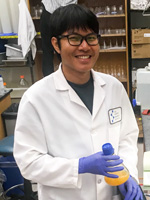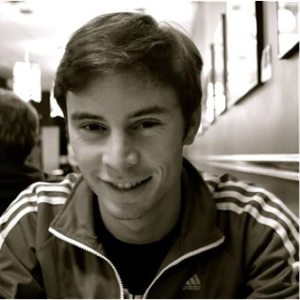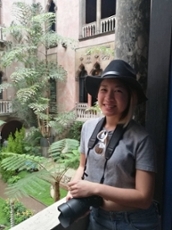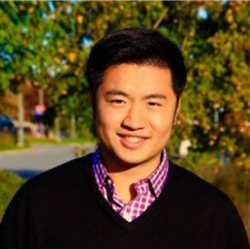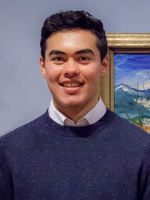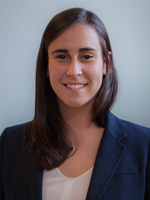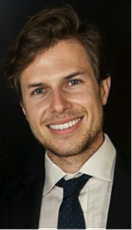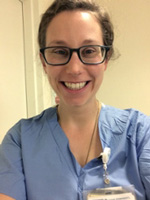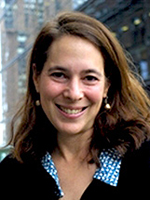What role did the Japanese program play in your Bowdoin experience?
I first learned about the Japanese program at Bowdoin when I visited for prospective student weekend during my senior year of high school. I talked to Professor Aridome during the academic fair and to my surprise he still remembered me six months later when I arrived at Bowdoin. I was really impressed—it showed me how much Professor Aridome and the program care about their students. The Japanese program was like a family to me and was an essential part of my Bowdoin experience.
I started taking Japanese my first year simply because I wanted to learn a third language and I love Japanese anime. Although the first two years of Japanese met early in the morning, I was always excited for class because both Professor Aridome and Professor Selinger made class really fun. The classes were lively and energetic thanks to them. As a science and math major, I would say that taking a language is like taking a break from the sciences and enjoying another aspect of the liberal arts environment at Bowdoin. The Japanese program also offered other courses in history, literature, and religion. During my third year I took a course called Samurai in History, Literature, and Film which was eye-opening and gave me greater insight into Japanese society.
The Japanese program also offered many activities to help students bond with one another. The most important one was the language table which was a great opportunity to practice Japanese language with friends and professors. There were other fun activities throughout the year such as karaoke parties, tea ceremony demonstrations, and sushi parties. I was able to experience aspects of Japanese cultures even though I was not in Japan. They were also great opportunities for me to develop relationships with my classmates who later became some of my closest friends.